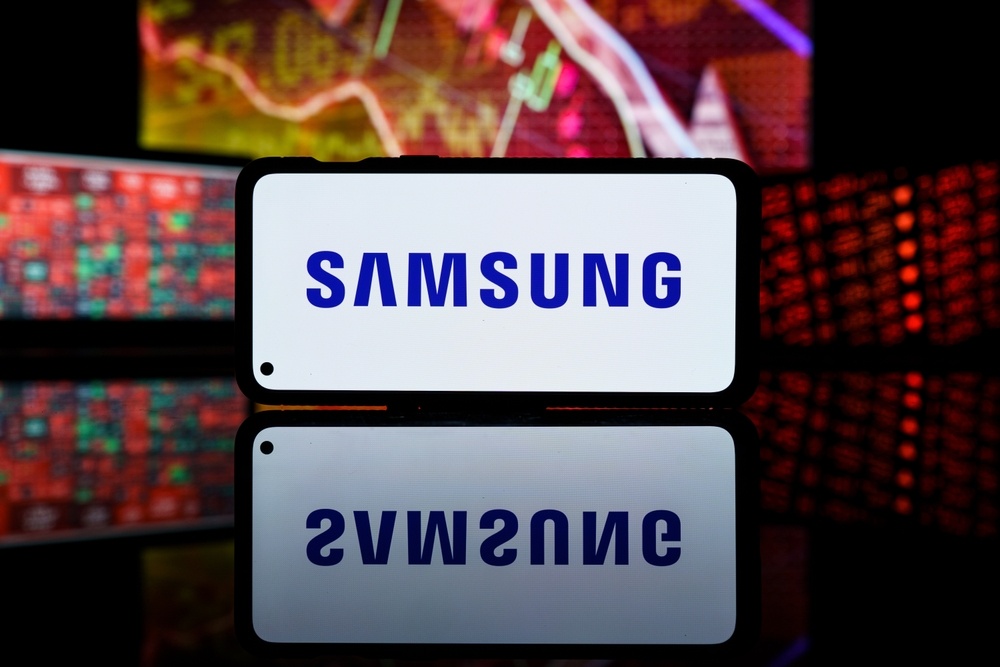Samsung Q3 Earnings Disappoint, Stock Down Over 20% This Year
Samsung Electronics announced an estimated third-quarter revenue of 9.1 trillion won (about $6.78 billion), lower than the market estimate of 10.3 trillion won.

Q3 revenue not as good as market expectations
Samsung Electronics announced that its third quarter revenue was estimated at 9.1 trillion won (about $6.78 billion), lower than the market estimate of 10.3 trillion won. Compared to 2.43 trillion won in the same period last year, the results were significantly higher, but still lower than the previous quarter's 10.44 trillion won.
The data surprised the market, as many analysts had expected a stronger performance from Samsung. BNK Investment Securities analyst Lee Min-hee said the third quarter was poor and that Samsung's earnings improvement is likely to be limited in the short term.
Slow progress in the AI chip market
Samsung's failure to supply high-end AI chips to major customers as planned has caused its performance in this high-potential market to lag behind its competitors, especially since SK Hynix is making faster progress in supplying high-bandwidth memory (HBM) chips to NVIDIA. This delay has hurt Samsung's market share in high-margin products such as AI server chips. In addition, accelerated supply from Chinese competitors in the traditional chip space has further eroded Samsung's dominance in the semiconductor market.
Dilemma of semiconductor business
As the world's largest manufacturer of memory chips, smartphones and TVs, Samsung has long been a leader in the semiconductor sector, but is now facing increasing competitive pressure. In particular, in the contract chip manufacturing business, Samsung is struggling to catch up with the market share of TSMC, which has major customers such as Apple and NVIDIA. This has exacerbated Samsung's challenges, especially in the traditional chip market with lower margins and slowing demand.
Business Reorganization and Global Layoffs
In response to this “chip crisis”, Samsung in May this year suddenly replaced the head of the semiconductor division, appointed Yoon Jong-jun to take over the business, hoping to break through the current difficulties. However, Samsung is still facing multiple challenges, including the lagging development of the AI chip market and the pressure of the Chinese market. In addition, in an effort to cut costs, Samsung has announced layoffs of up to 30% of its workforce in certain overseas business units.
Market reaction and share price drop
Despite improved sales of flagship models in the cell phone division in Q3 and growth in the display business unit, this could not offset the decline in the semiconductor business. Affected by the revenue warning, Samsung shares fell 1.3%, down more than 20% for the year. This decline was also significantly lower than the 0.4% decline in South Korea's KOSPI index, reflecting market concerns about its long-term competitiveness.
Disclaimer: The views in this article are from the original Creator and do not represent the views or position of Hawk Insight. The content of the article is for reference, communication and learning only, and does not constitute investment advice. If it involves copyright issues, please contact us for deletion.